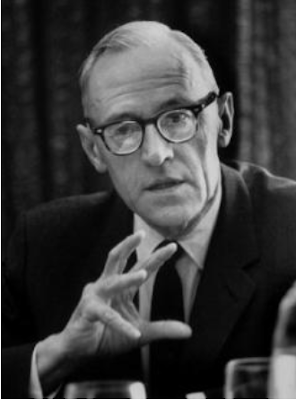Thus was it “in principle” impossible to use economic theory and statistics to make economic forecasts. He based this claim on arguments concerning economic data, processes, and actors. The lack of homogeneity and the small size of samples made data wholly inadequate for statistical induction. Contrary to in the natural sciences, the data problems of economics were so significant as to render futile any attempt to apply probability methods. As for economic processes, Morgenstern held that attempts to understand the business cycle based on statistical considerations alone could never facilitate economic forecasting. For that, one needed to look to the underlying processes, of which prices were the surface phenomena. These mechanisms, however, lacked the regularity necessary to make them useful for any kind of prediction: only loose and inexact laws could be discovered. Finally, even when predictions were made, their effect was to create anticipations on the part of consumers, the reactions of whom would only serve to make the original forecast false. Unlike astronomy or medicine, the social sciences had the peculiarity of being able to affect their object of study. The prediction of the astronomer could have no effect on the movement of the stars, but that of the economist could change economic events. Morgenstern’s criticism of static theory is thoroughly Misesian: “In the static economy, nobody acts economically any more, and that means that they no longer ascribe value, and that no more acts of choice are made, and no decisions are made, because everything stands still.”
—Robert Leonard, Von Neumann, Morgenstern, and the Creation of Game Theory: From Chess to Social Science, 1900-1960, Historical Perspectives on Modern Economics (New York: Cambridge University Press, 2010), 101.

No comments:
Post a Comment